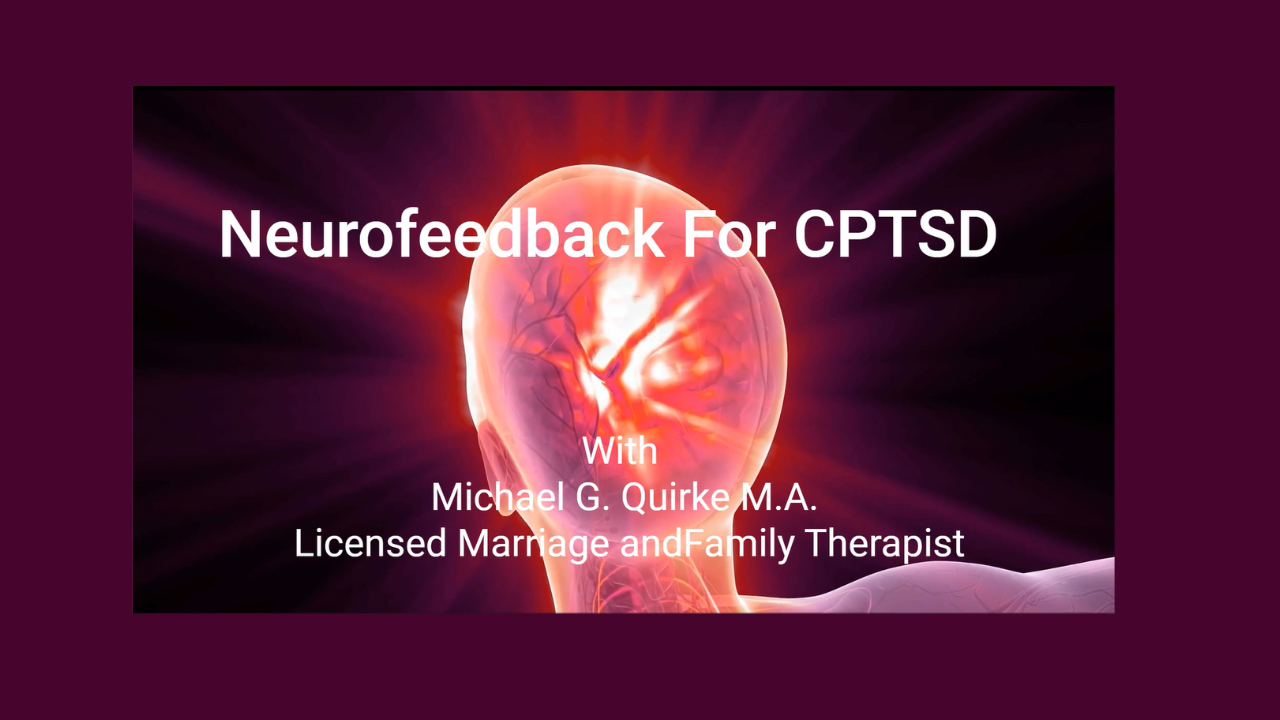How does Neurofeedback work for Depression? For many people, it’s a wonderful treatment choice. 
Here’s the thing about depression. When you’re stuck in low moods, isolation, and self-defeatist thinking, it seems as if nothing works. Nothing helps lift you out of it. So, what happens next? If you’re like many others, you might try one therapy technique after another, with little or no results.
This only makes your depression worse. It feeds into a cycle that reinforces some really negative beliefs. Namely, that you are worthless or that you are beyond help.
So, when someone suggests neurofeedback, your first thought is likely “Does neurofeedback work for depression?” The answer may surprise you.
Here’s how neurofeedback can finally help you break the depression cycle.
What is Neurofeedback Therapy?
Neurofeedback therapy is a technique that combines these two powerful methodologies:
- Modern EEG brainwave analysis
- Therapeutic coaching and intervention
Basically, neurofeedback uses EEG brainwave analysis to help you and your therapist understand how your brain is functioning. A computer monitor displays these during your neurofeedback training session. This device, also known as an electroencephalogram amplifier, utilizes electrodes which your therapist places gently on your head. They pick up on electrical signals from your brain. Then, the computer transmits shows them on the monitor. Learn more about neurofeedback eeg biofeedback here.
How Does Neurofeedback Work for Depression?
Let’s talk about how neurofeedback works.
The human brain is great at building habits and creating routines. For example, some of our brains have built the habits of being scared and stressed. Other brains struggle to concentrate and are naturally day dreamy and unfocused. Depressed brains are “good” at being low energy, unmotivated, joyless, emotionally down or numb. If fact, most of the symptoms of depression are reflections of your brain’s EEG activity.
So the first thing that your therapist will do is identify areas of your brain that are contributing to your depression symptoms. That is actually an important part of the therapeutic process. For example, your therapist might do a Qeeg assessment or another EEG analysis. He or she will likely have you complete an in -depth symptom inventory. These will all help your therapist to identify area of your brain in which training is likely to benefit you.
So, just like when you go to a physical therapist or a trainer, your therapist will shape your neurofeedback therapy so that it is customized for you and your brain.
Here’s where things get interesting. With this information, you can now begin to train your brain to respond differently. So, with my patients, we have designed neurofeedback training protocols to help them:
- Be more interested and awake
- reduce anger and irritability
- Feel more motivated
- Be more energized
- Sleep better
- Feel more engaged with people and tasks
What Else Does Neurofeedback Offer?
How else does neurofeedback work for depression?
There are two important ways. First, neurofeedback can provide you with objective data about your brain. For example, with most of my neurofeedback patients, I perform what is called a Quantitative EEG, a Qeeg. Often this is referred to as “a brain map”. This sophisticated brain imaging tool is used as an assessment. It provides a mountain of data to help us pinpoint the exact regions in which training would most likely benefit you. A Qeeg brainmap is also often used to help clarify a muddy or confusing diagnostic picture, to verify the validity of a previous diagnosis, and to help determine if the symptoms that you suffer from are side effects of psychiatric drugs, or other medications.
A second way that neurofeedback works as depression treatment is through Alpha Theta or “deep state” training. In Alpha Theta training, we train patients to enter into a very deep state of relaxation: the border just above the edge of sleep. This type of deep inner state is excellent for guided psychological processing. Some clients use it to enhance their creativity or for peak performance. This type of neurofeedback has been used to help clients process old emotional pain, cultivate lighter moods, and to aid in the treatment of substance abuse/dependence.
But Does Neurofeedback Work for Depression Like Mine?
The research is telling us that neurofeedback is an effective treatment against depression for all types of participants. In one study, published in the Journal of Korean Medical Science, researchers used neurofeedback therapy to treat 24 participants with depression and 12 non-depressed participants. Those who had depression had a response rate of 58.3% and a remission rate of 50%. In a separate study conducted by scientists from the United Kingdom and Brazil, researchers found that neurofeedback helped with treating people who experienced guilt and boosted their self-esteem.
“Does neurofeedback work for depression?” you ask. The answer is that neurofeedback can help you with finding relief from depressive symptoms. Moreover, neurofeedback provides the opportunity to change your brain patterns. Those that encourage depression shift to those that foster a healthier mental state.
This approach is well worth the effort. However, it is not something to tackle alone. Rather, you need the support of a therapist trained in this technique. To find out more, contact me today. Learn how neurofeedback therapy can help.



